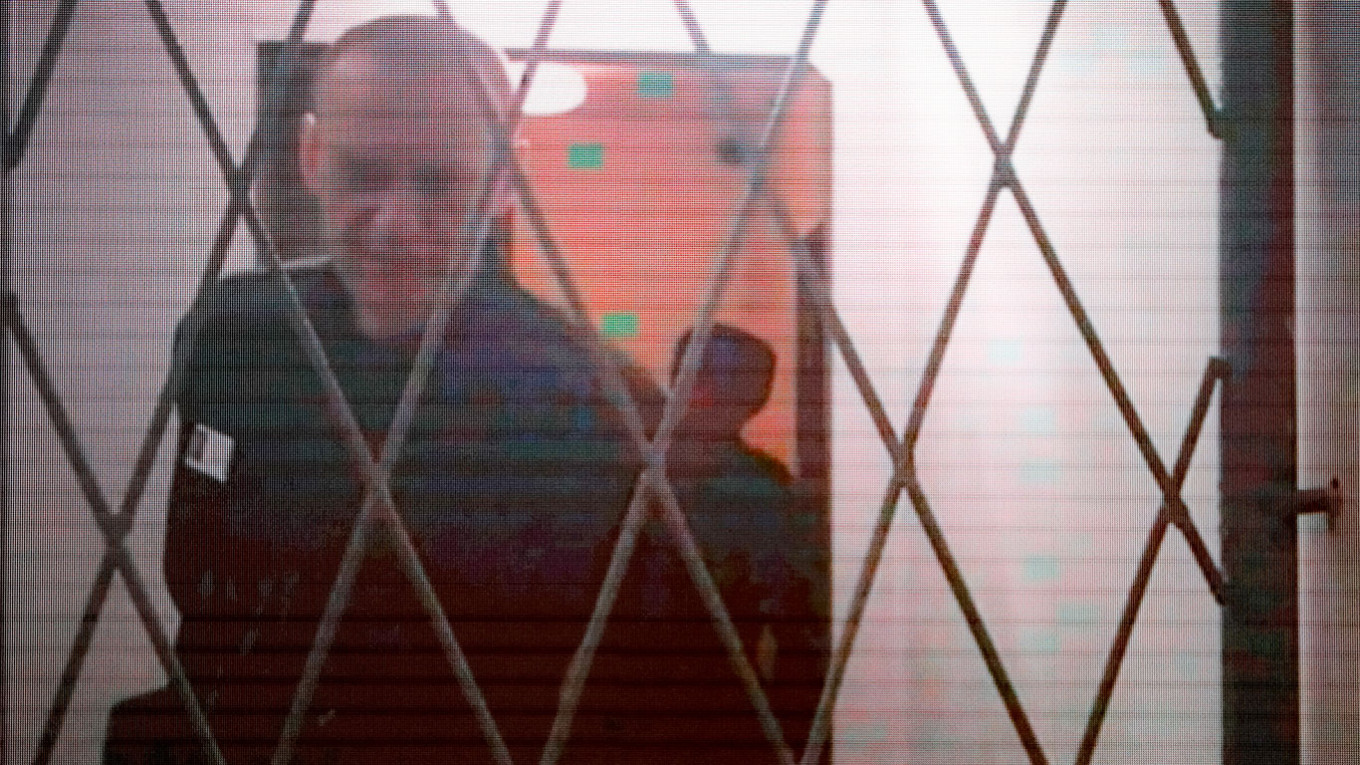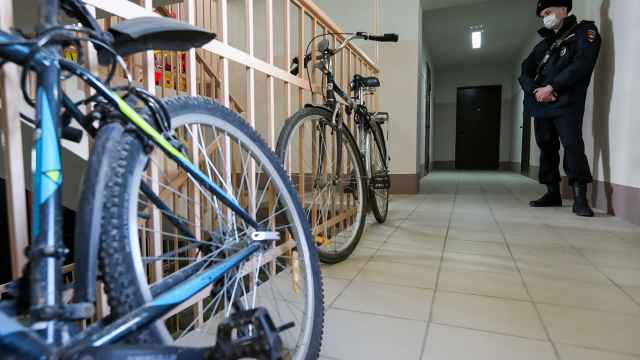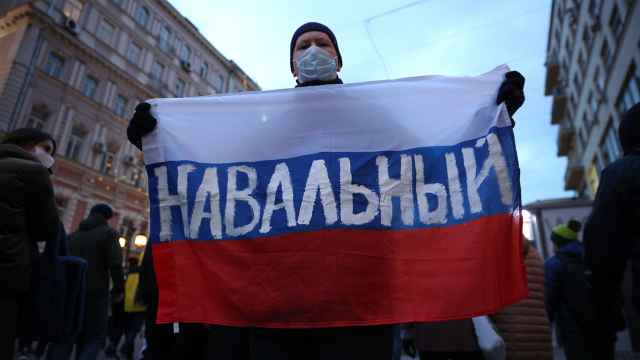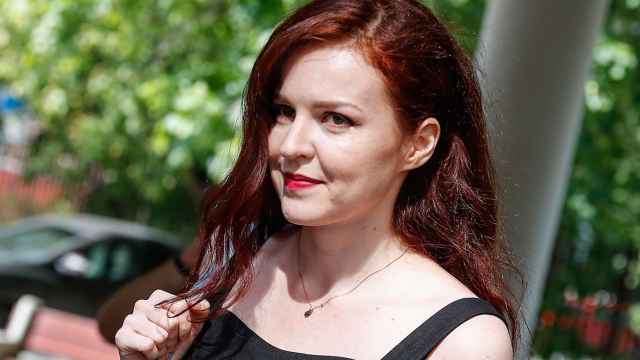Updated to add the Financial Times' and Deutsche Welle's report.
Opposition activist Alexei Navalny died ahead of a planned prisoner swap between Moscow and Western governments, the late Kremlin critic's allies said Monday.
“In early February, [President Vladimir] Putin was given an offer to swap the FSB killer Vadim Krasikov, who is serving a prison term for murder in Berlin, for two American citizens and Alexei Navalny,” Maria Pevchikh, who chairs Navalny’s Anti-Corruption Foundation, said in a video statement.
“I received the confirmation that negotiations were at the final stage on the evening of Feb. 15,” she continued.
Pevchikh did not name the two American citizens involved in the alleged prisoner swap negotiations, but Washington has been working to secure the release of jailed Wall Street Journal reporter Evan Gershkovich and former U.S. Marine Paul Whelan.
Navalny, who was Putin's most vocal critic, died on Feb. 16 at the Arctic penal colony where he was serving a 19-year prison sentence on “extremism” charges.
In the video statement released on Monday, Pevchikh said that “a swap was one of the obvious ways to save Navalny,” and that his team had spent two years working with Western officials to negotiate a prisoner exchange.
Krasikov, who Pevchikh said was supposed to be a part of the swap, is currently serving a life prison sentence for the 2019 murder of Chechen-Georgian rebel commander Zelimkhan Khangoshvili in Berlin.
According to investigative reports, Krasikov acted as an agent of Russian intelligence services.
In an interview with conservative pundit Tucker Carlson earlier this month, Putin mentioned Krasikov — without mentioning him by name — in the context of talks over prisoner exchanges with the West.
“There is a person serving a sentence in a U.S.-allied [country]. That person, out of patriotic sentiments, eliminated a bandit in a European capital,” Putin said during the interview, referring to Krasikov.
“Whether he did it of his own volition or not, that is a different question,” he added.
Pevchikh claimed that Putin was “clearly told that the only way to get Krasikov is to exchange him for Navalny,” adding that the Russian leader decided “to get rid of the bargaining chip” and “then offer someone else” for an exchange instead of letting Navalny free.
She further claimed that the proposal to swap the Kremlin critic came from Russian billionaire Roman Abramovich.
A German government spokesperson told reporters that Berlin was aware of the reports surrounding a planned prisoner swap but could not comment on them, according to Deutsche Welle.
Later Monday, the Financial Times reported, citing unidentified U.S. and German officials, that Germany’s interest in a potential deal to swap Krasikov in a prisoner exchange has "cooled markedly" since Navalny’s death.
On Saturday, Russian law enforcement authorities handed over Navalny’s body to his mother, more than a week after his death.
His team has not yet announced any details about his funeral.
Navalny’s spokeswoman Kira Yarmysh said on Monday the team “is looking for a hall for a public farewell to Alexei” for the end of this week.
A Message from The Moscow Times:
Dear readers,
We are facing unprecedented challenges. Russia's Prosecutor General's Office has designated The Moscow Times as an "undesirable" organization, criminalizing our work and putting our staff at risk of prosecution. This follows our earlier unjust labeling as a "foreign agent."
These actions are direct attempts to silence independent journalism in Russia. The authorities claim our work "discredits the decisions of the Russian leadership." We see things differently: we strive to provide accurate, unbiased reporting on Russia.
We, the journalists of The Moscow Times, refuse to be silenced. But to continue our work, we need your help.
Your support, no matter how small, makes a world of difference. If you can, please support us monthly starting from just $2. It's quick to set up, and every contribution makes a significant impact.
By supporting The Moscow Times, you're defending open, independent journalism in the face of repression. Thank you for standing with us.
Remind me later.






